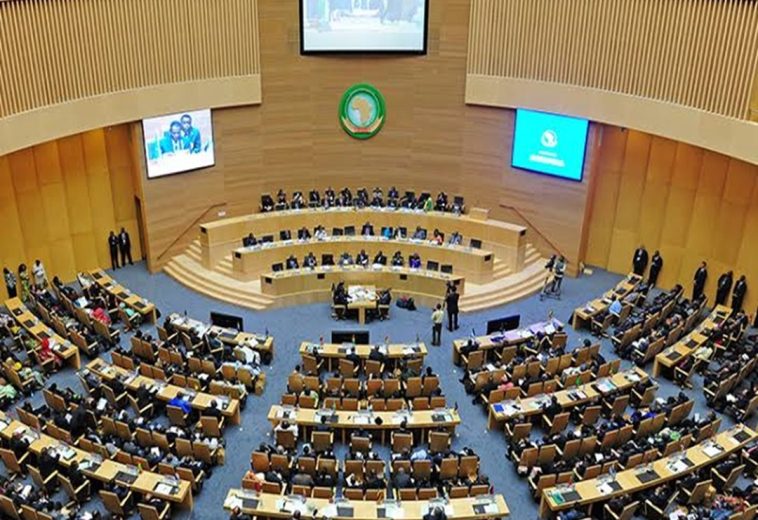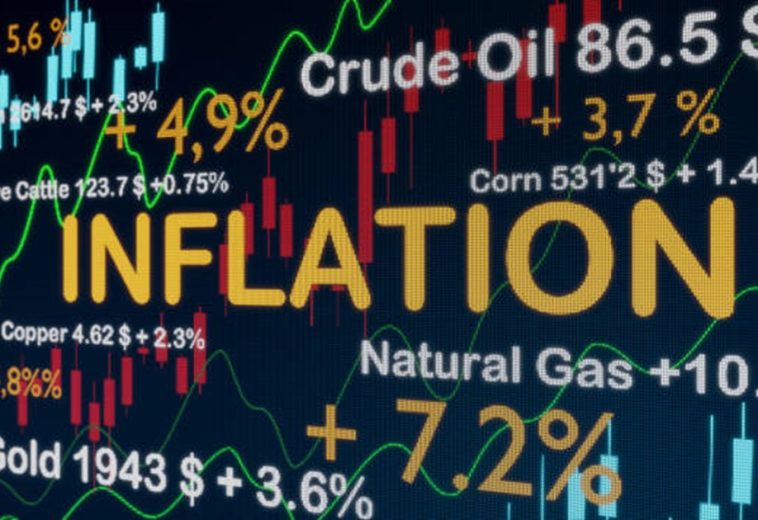Africa, home to some of the world’s fastest-growing economies and a youthful, dynamic population, is no longer the overlooked frontier of global economic engagement. Instead, it has emerged as a vital player on the international stage, with its strategic partnerships with emerging global economies reshaping the dynamics of power and progress. These alliances are not solely based on the exchange of resources, but are defined by the transfer of knowledge, technology, and mutual development.
Historically regarded as a source of raw materials, Africa is now shaping its destiny by leveraging its youthful population, expanding markets, and transformative policies. By 2030, consumer spending across the continent is projected to surpass $2.5 trillion, making Africa an increasingly attractive destination for investment. As a Nigerian proverb aptly puts it, “A bird does not change its feathers in flight.” Africa’s ability to adapt while retaining its unique identity is central to its partnerships with emerging economies.
READ ALSO: Strategic Alliances: Exploring Africa’s Most Successful Business Partnerships
In 2024, African nations are expected to dominate the list of the world’s fastest-growing economies, with countries such as Niger, Senegal, Rwanda, and the Democratic Republic of Congo (DRC) leading the way. These nations are achieving growth rates exceeding 5%, driven by infrastructure development, resource diversification, and strategic investments in energy and agriculture. For example, Rwanda’s private sector consumption and investments remain key pillars of its steady economic progress, with growth projected at 7.2% in 2024.
The Economic Commission for Africa (ECA) forecasts the continent’s GDP growth to rise from 2.8% in 2023 to 3.5% in 2024, with further growth to 4.1% by 2025. However, to meet the ambitious targets set by the Sustainable Development Goals (SDGs) and Agenda 2063, Africa must accelerate its growth rates.
Emerging Economies
Africa’s engagement with countries such as China, India, and Brazil is redefining traditional economic partnerships. These nations offer not only financial investments but also knowledge transfer and technological expertise. China’s Belt and Road Initiative (BRI), for example, has directed billions into African infrastructure projects, including roads, ports, and energy plants. By 2023, Chinese investments in Africa had exceeded $300 billion, with a focus on renewable energy and digital transformation.
India, often referred to as the “pharmacy of the world,” has strengthened its pharmaceutical exports to Africa, addressing critical healthcare challenges. Additionally, India has committed to collaborative initiatives such as the International Solar Alliance, where African nations play a key role.
AfCFTA: A Gateway to Integration
The African Continental Free Trade Area (AfCFTA) is a historic endeavour to transform Africa into a single market, fostering intra-African trade and reducing dependence on external economies. The agreement has already increased trade within the continent by 20%, with projections suggesting it could add $450 billion to Africa’s GDP by 2035. As a Zambian proverb aptly states, “When you run alone, you run fast. When you run together, you run far.” This spirit of unity underpins the potential of the AfCFTA.
The Green Revolution
Africa is positioning itself at the forefront of the global renewable energy revolution. With 60% of the world’s best solar resources located on the continent, nations such as Egypt, Morocco, and South Africa are rapidly expanding their renewable energy capacities. Rwanda, for example, has pioneered solar microgrids, bringing electricity to thousands of rural households.
The transition to green energy is supported by international partnerships. For instance, the European Union and the African Union have initiated collaborations worth €150 billion under the Global Gateway Africa-Europe Investment Package.
Despite these advancements, Africa faces significant challenges, including rising debt, climate change, and geopolitical instability. The continent’s debt-to-GDP ratio is approaching 60%, raising concerns about fiscal sustainability. Additionally, the adverse effects of climate change threaten key sectors such as agriculture and tourism.
Africa’s Leadership in a Multipolar World
Africa’s engagement with emerging economies is not merely transactional but transformational. As Nigerian statesman Nnamdi Azikiwe once remarked, “Originality is the essence of true scholarship. Creativity is the soul of the true scholar.” Africa’s leaders must chart a path that prioritises creativity, sustainability, and inclusivity.
The recent Cambridge Africa Business Conference underscored the importance of leveraging education, technology, and strategic alliances to amplify Africa’s global influence.
The partnerships between Africa and emerging global economies mark the beginning of a new chapter—one that balances mutual interests with Africa’s aspirations for autonomy. By embracing innovation, integrating its markets, and fostering sustainable partnerships, Africa is poised not only to participate in the global economy but also to shape its future.
As an African proverb puts it, “If you want to go far, go together.” Africa’s journey with emerging economies exemplifies this ethos, a collaborative stride towards an era of shared prosperity.




